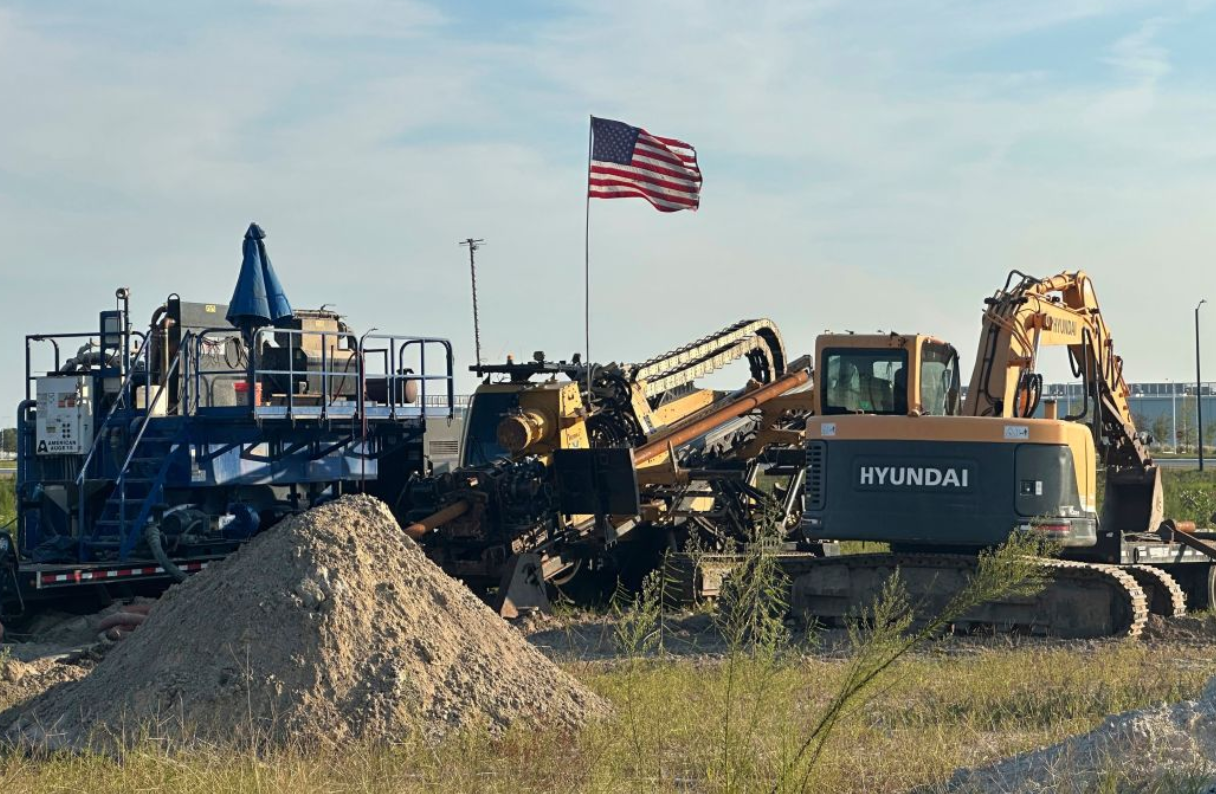Inside the Raid: Federal Immigration Operation at Hyundai’s Georgia Plant Leads to 475 Arrests
In one of the largest immigration enforcement actions in recent U.S. history, federal authorities raided Hyundai’s sprawling EV and battery plant construction site in Ellabell, Georgia, detaining 475 workers—most of them South Korean nationals. The September 4th operation, months in the making, involved ICE, Homeland Security Investigations, FBI, ATF, IRS, DEA, Georgia State Patrol and other agencies, halting construction at Hyundai’s flagship U.S. EV project.


How the Raid Unfolded
Hundreds of agents descended on the 2,900-acre Hyundai Metaplant, blocking access roads and creating a security perimeter. Workers described the site as a “war zone,” with masked, armed agents ordering them against the walls, checking IDs and Social Security numbers. Some workers attempted to hide in air ducts or fled toward a sewage pond, only to be captured by officers using boats. By 8 p.m., the sweep was complete, with buses transporting detainees to the Folkston ICE Processing Center.
Who Was Arrested?
Officials confirmed that all 475 detainees were unauthorized to work in the U.S. Some had entered illegally, others overstayed visas, and many entered under visa waiver programs that prohibit employment. Homeland Security noted that more than 300 of those arrested were South Korean nationals. While none appeared to be direct Hyundai employees, many were subcontracted engineers and workers. A Hyundai spokesperson emphasized that the company has “zero tolerance” for violations and pledged to strengthen contractor compliance.
Here's Urgent situation
South Korea’s Response
The mass detentions triggered an immediate diplomatic response in Seoul. South Korean President Lee Jae Myung ordered “all necessary measures” to support detained nationals, with Foreign Minister Cho Hyun stating he was prepared to travel personally to Washington if needed. The Korean Embassy in Washington and Consulate in Atlanta established an on-site task force to assess conditions and advocate for citizens’ rights. Seoul also pressed the U.S. Embassy in Korea to exercise “extreme caution” regarding treatment of Korean workers.
Political and Economic Fallout
The Ellabell raid halts progress at Hyundai’s $7.5 billion EV and battery facility, expected to employ 8,500 people upon completion. The event underscores tensions between Trump’s hardline immigration policies and international corporate investment. Protesters gathered in nearby Savannah chanting, “Get your ICE out of Savannah!” while Georgia Governor Brian Kemp’s office defended the raid, stating: “In Georgia, we will always enforce the law.”
The raid raises questions about the reliability of E-Verify, the federal system employers use to check work eligibility, which Trump officials have criticized as ineffective without providing alternatives. The move may strain U.S.–Korea economic ties at a critical moment when Korean firms are investing heavily in America’s EV supply chain.
🔎 Key Summary
- 475 workers arrested at Hyundai EV plant site in Georgia, most South Korean nationals
- Raid was the result of months of intelligence gathering, involving multiple agencies
- Workers described tense scenes; some fled into ponds or ducts before capture
- South Korea launched emergency diplomatic response, demanding protection of nationals
- Hyundai says no direct employees detained; pledges tighter contractor oversight
- Construction halted at $7.5 billion EV and battery plant, heightening economic uncertainty
FAQ: Hyundai Georgia Immigration Raid
1. When and where did the raid take place?
September 4, 2025, at Hyundai’s EV and battery Metaplant construction site in Ellabell, Georgia, about 25 miles west of Savannah.
2. How many people were detained?
475 workers were taken into custody, with more than 300 confirmed as South Korean nationals.
3. Were Hyundai employees arrested?
Hyundai stated it does not believe direct employees were among those detained, pointing instead to contractors and subcontractors.
4. What is South Korea doing in response?
The Korean government dispatched diplomats, set up task forces, and warned the U.S. to safeguard its citizens’ rights, with high-level talks possible in Washington.
5. What are the broader implications?
The raid halts Hyundai’s $7.5 billion project, risks straining U.S.-Korea ties, and highlights tensions between immigration enforcement and foreign investment.
Here's Korea Official
Conclusion: Immigration Crackdown Meets Global Industry
The Ellabell Hyundai raid illustrates the collision of Trump-era immigration enforcement with multinational investment. While officials framed it as a crackdown on unlawful employment practices, the arrest of hundreds of Korean nationals—many on visa waivers—has sparked diplomatic urgency and uncertainty for Hyundai’s critical EV project. The operation underscores how immigration policy, global supply chains, and international diplomacy intersect in ways that will shape U.S.–Korea relations and the future of EV manufacturing in America.


